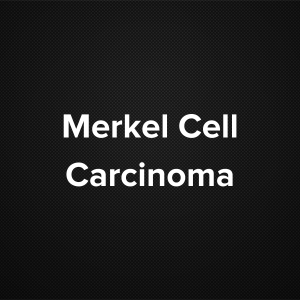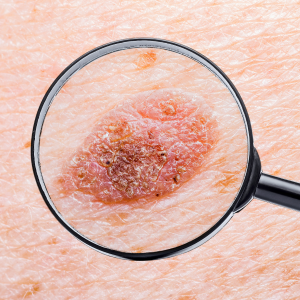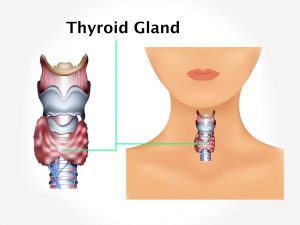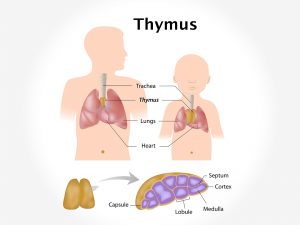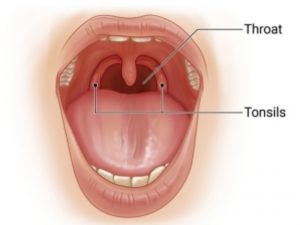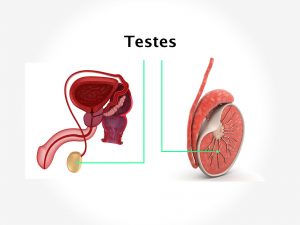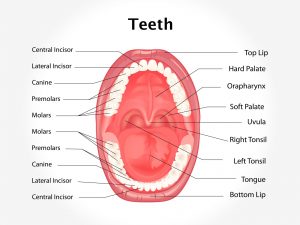Causes and risk factors
The exact cause of cancer is unknown. However it has been seen that the DNA in the cells undergoes mutation leading to formation of a tumor. Certain risks factors have been put forth, which includes use of certain medications which are used to lower down the cholesterol levels, lower levels of vitamin D. Infection or inflammation of the prostate can increase the risks of developing cancer. Prostate cancer can be due to metastasis.
Clinical presentation
The patient complaints of enlargement of prostrated which causes pressure in the bladder leading to difficulties in urination. Difficult urination is the cardinal symptom seen. The patients come up with complaints of dribbling of urine, Incomplete and unsatisfactory evacuation of bladder occurs. Pain during micturation or bloody urine is seen. The stream is weak and is slow to start; the patient has to strain to pass urine. The patient has to frequently wake up at night to pass urine. Prostate cancer can cause complications like erectile dysfunction, metastatis to other areas of the body and even death.
Investigations
Diagnosis is done on the basis of the symptoms narrated by the patient and the per rectal examination is carried out by the doctor. Certain investigations which are suggested are
Post voidal residual volume test, prostate specific antigen (PSA), urinary flow test and intravenous pyelogram. Cystoscopy and biopsy are the other investigations which can be done.
Treatment
Depending upon the extent and stages of cancer the treatment is planned. Various surgical approaches can be adopted. Prostectomy i.e. Removal of the prostate gland is done. External radiation therapy is done. Targeted chemotherapy and immunotherapy agents are administered.
Recent update:
Cornell researchers report that they have discovered direct genetic evidence that a family of genes, called MicroRNA-34 (miR-34) that suppresses prostrate cancer.


